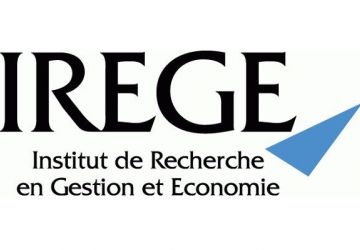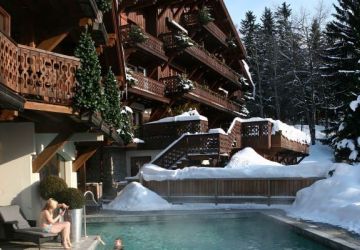
Mothe Caroline
My research focuses on the issue of territorial governance in the mountain resorts and its importance in the various problems they encounter. Two major projects are underway:
- If the link between territorial governance and diverse forms of proximities (geographical, organizational and institutional) has been well established, the question of how such proximities can emerge in mountain stations remains unanswered. The objective of this research is to determine if and how a boundary object may create the proximities that are necessary to establish a territorial governance in mountain stations. A qualitative study has been realized on the creation of a sustainable development chart between the resorts of Combloux, Cordon and Praz-sur-Arly in Haute-Savoie, France. Results show that, beyond geographical proximity between stations, the chart has allowed creating an institutional proximity with the support of an external intermediary (here, a consulting firm) which led to a form of inter-station territorial governance able to sustain collective action.
- The winter sports resorts, and general mountain areas, represent a real stake today in several respects. Indeed, tourists, owners, economic and institutional actors of the territory all have varied interests and expectations, which however converge on mountain recreation. Tourism is the essential engine of development stations. Today, the evolution of mountain stations is questioned by new phenomena related to tourism, residential and economic mutations that challenge the resilience of these territories.The rehabilitation of the station as a whole, and particularly housing stock renewal, are now major challenges for the future of these stations, especially those of medium altitude territories. Indeed, simple rehabilitation and upgrading, while retaining the same tourist use, seems a priori hardly possible given the climatic and economic developments. This raises the question of whether to rebuild, modify or restore with a change of usage. This issue is complex because it involves different actors who may have conflicting objectives: the owners or co-owners, managers, users and municipalities. The specificity of this problem is therefore the collective nature of the decision. These concerns related to heritage preservation and tourism and economic development of mountain resorts involve broader governance (Gerbaux et al., 2004).This study has the aim to help decision makers as to the emergence of local innovations and concrete proposals from the perspective of overall performance. The aim of the project is to help stakeholders to federate around a common project and boundary objects, understood as collective spaces (Star and Griesemer, 1989). The assumption is that these objects, if they are sufficiently adaptable and accessible, can foster cooperation between the various partners, help collective work and practices to converge around a stable and coherent joint project, and thus promote territorial innovation (Chia et al. 2008).This research thus aims to answer the following question: how to think outside the planning and development of mountain territories? We discuss it in terms of the participation of owners / residents / tourists to collective thinking and broader governance
Projets associés
Institutions associés

Institut de Recherche en Gestion et Economie (EA2426)
Direct.eur.rice






